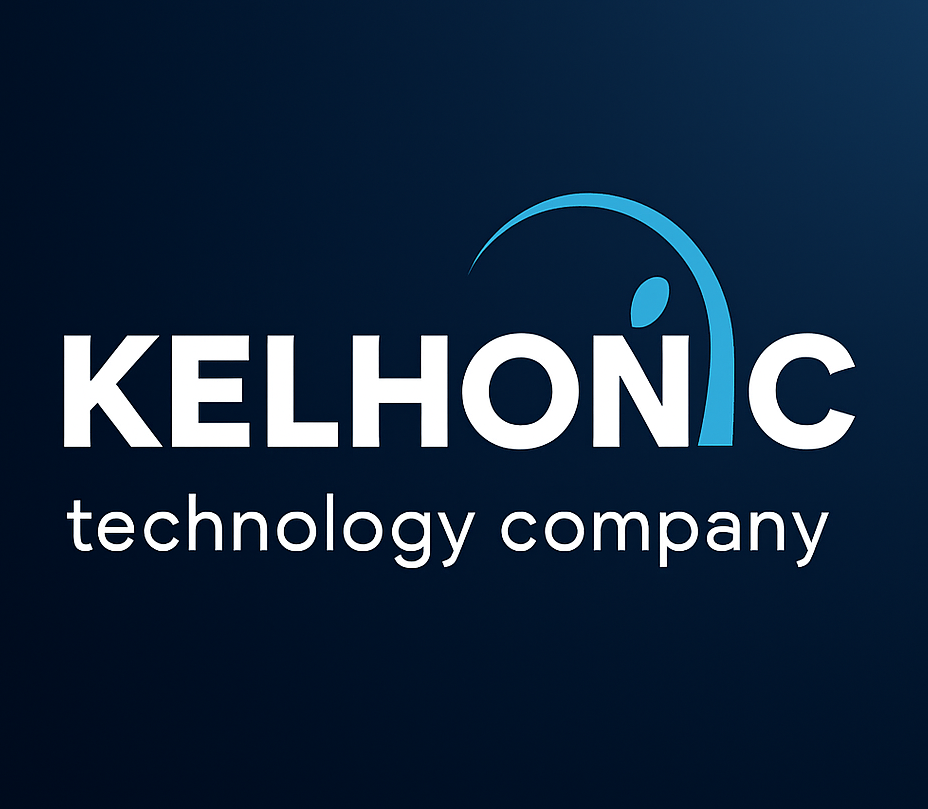AI-Powered Healthcare Analytics
Reducing hospital readmission rates by 25% through predictive analytics and machine learning

Project Overview
We developed an advanced predictive analytics solution that reduced hospital readmission rates by 25%, helping healthcare providers improve patient outcomes while significantly reducing operational costs. This AI-powered system transforms how hospitals manage patient care and resource allocation.
Challenges
The healthcare provider faced significant challenges that impacted both patient care and operational efficiency:
- High readmission rates leading to increased healthcare costs
- Limited ability to predict at-risk patients before discharge
- Fragmented patient data across multiple systems
- Inefficient resource allocation for post-discharge care
- Manual processes for patient risk assessment
Solutions Implemented
AI & Machine Learning Integration
- Developed predictive models using historical patient data
- Implemented natural language processing for clinical notes analysis
- Created real-time risk scoring algorithms for patient assessment
- Integrated multiple data sources for comprehensive patient profiles
Advanced Analytics Dashboard
- Built interactive dashboards for medical staff visualization
- Implemented real-time alerts for high-risk patients
- Created personalized care plan recommendations
- Developed performance tracking for healthcare teams
Key Features
Predictive Analytics
Advanced algorithms predicting patient readmission risks with 92% accuracy
Real-time Monitoring
Continuous patient monitoring and instant risk alerts for medical staff
Mobile Integration
Mobile-friendly interface for healthcare providers on the go
Technical Stack
Remarkable Results
"The AI-powered analytics platform from Kelhonic has revolutionized our patient care approach. The 25% reduction in readmissions not only saved significant costs but more importantly, improved our patients' health outcomes and satisfaction."
Key Takeaways
- AI and machine learning can dramatically improve healthcare outcomes
- Predictive analytics enables proactive rather than reactive care
- Data integration across systems is crucial for accurate predictions
- User-friendly interfaces are essential for healthcare professional adoption
- Continuous model retraining ensures ongoing accuracy and relevance
